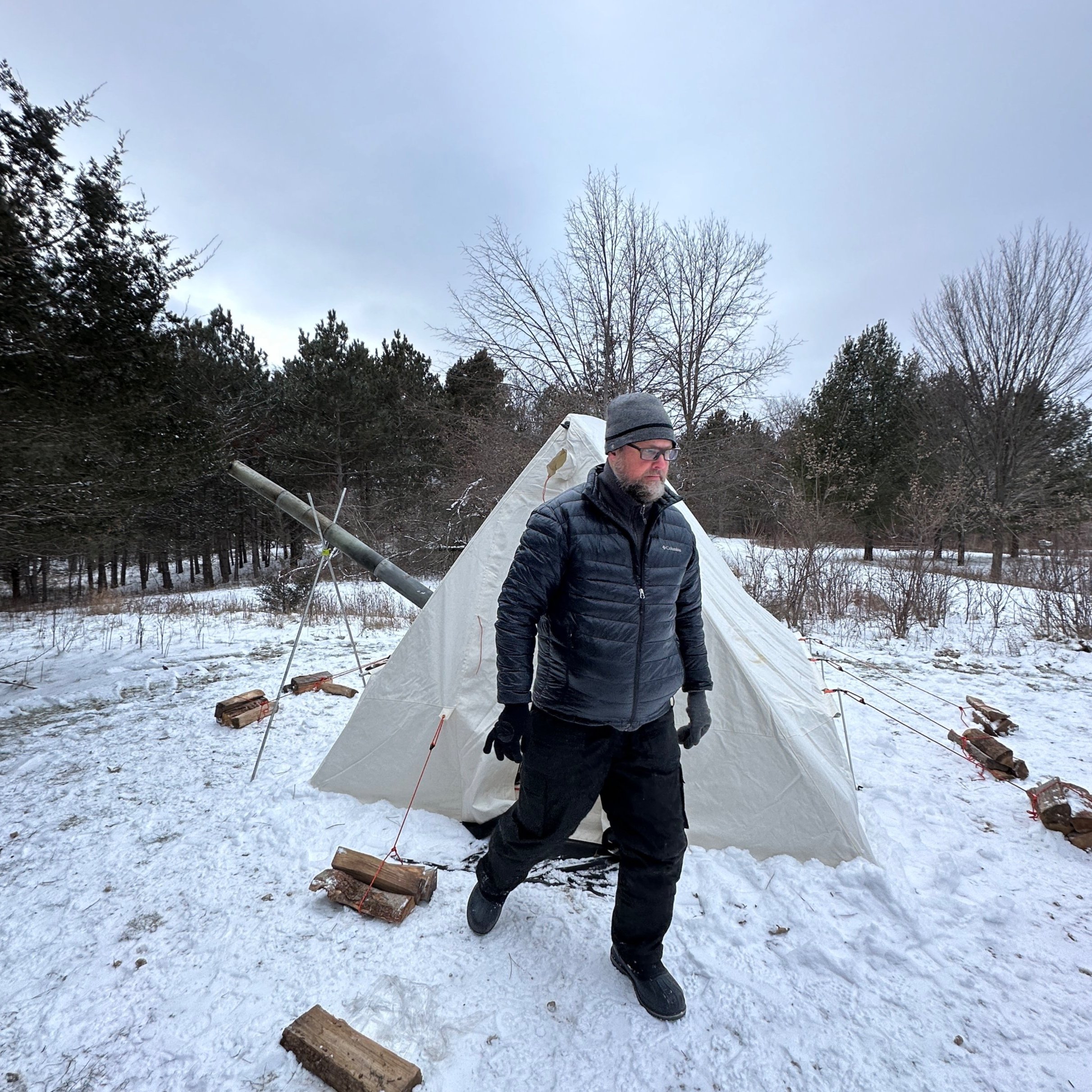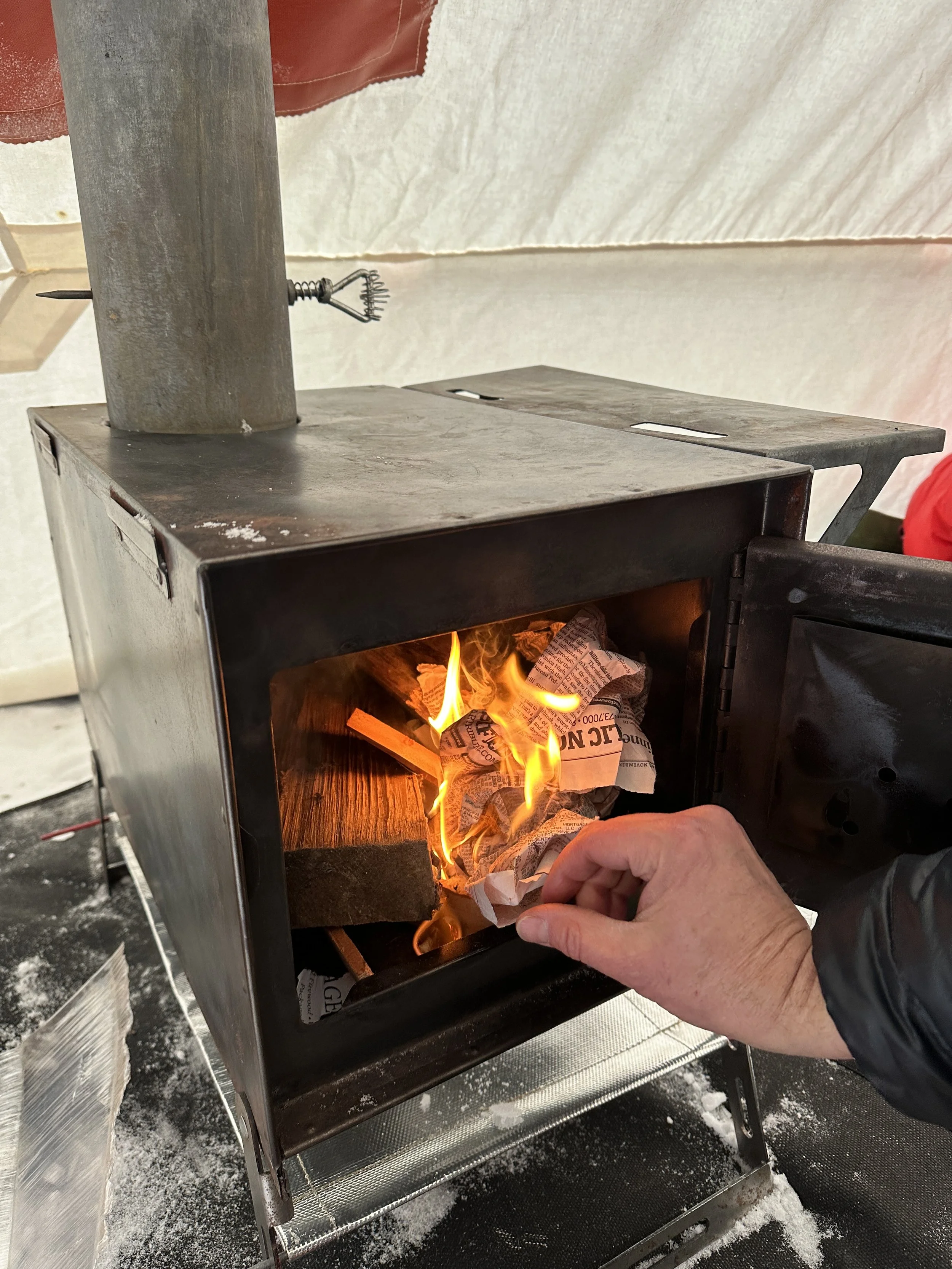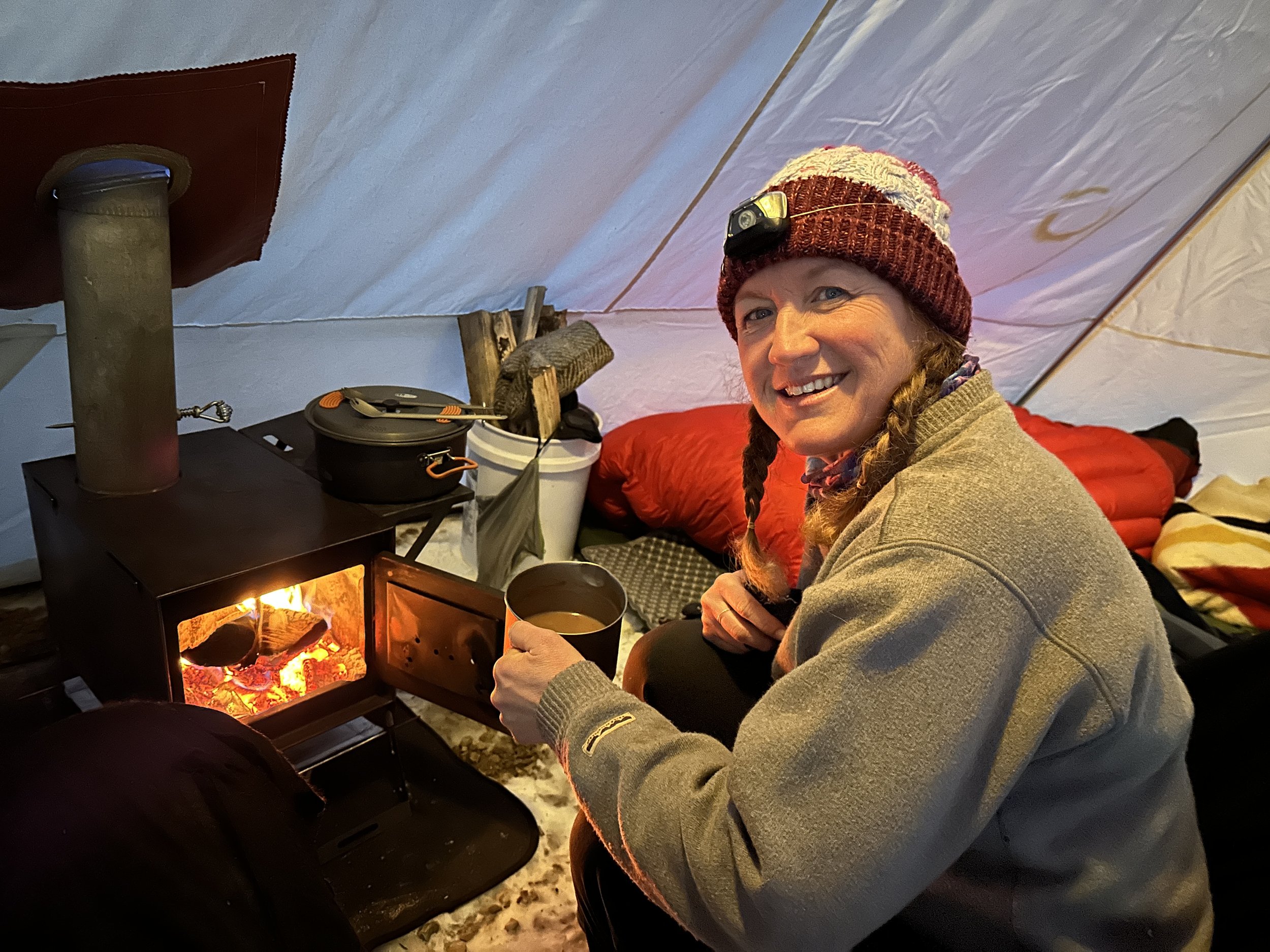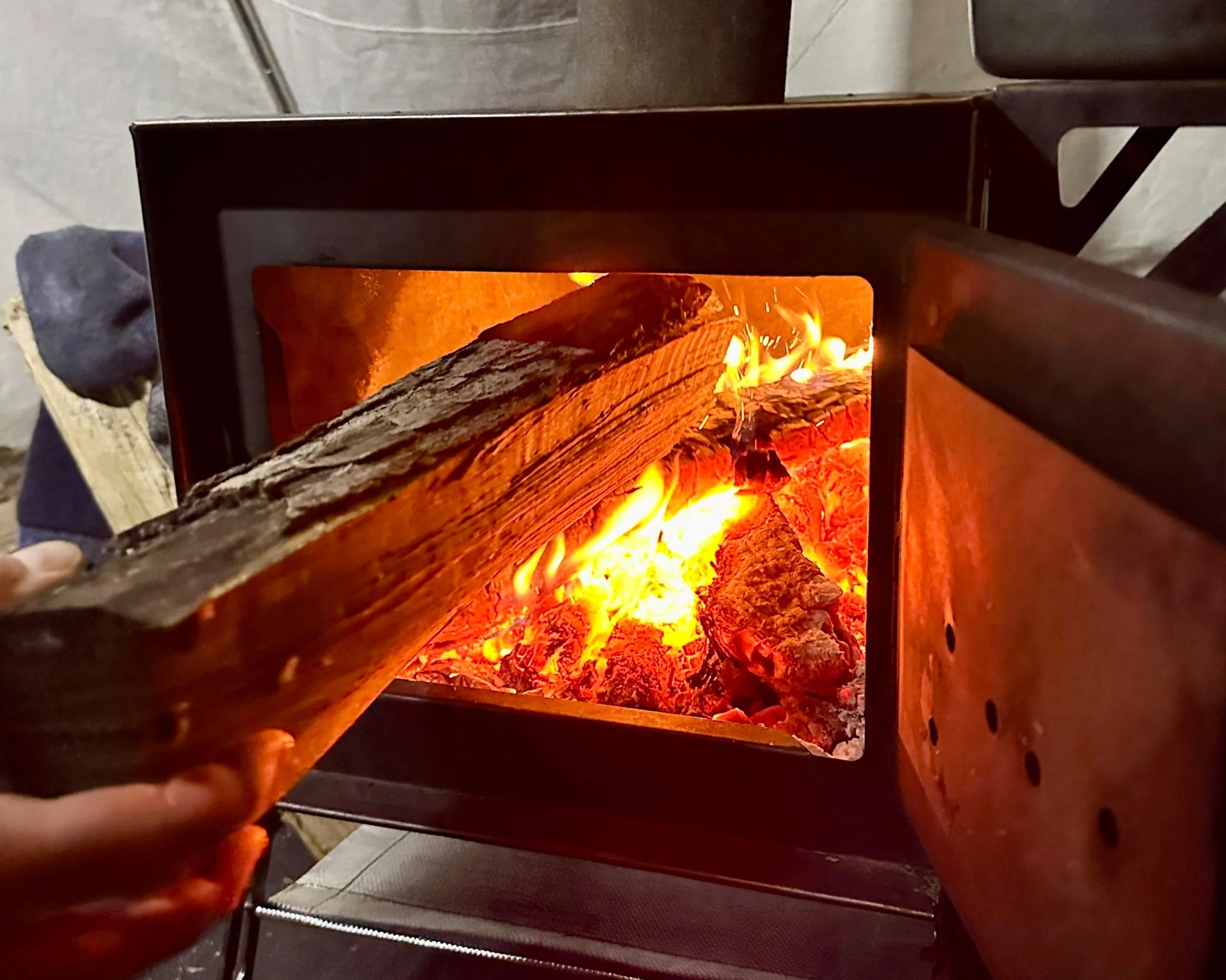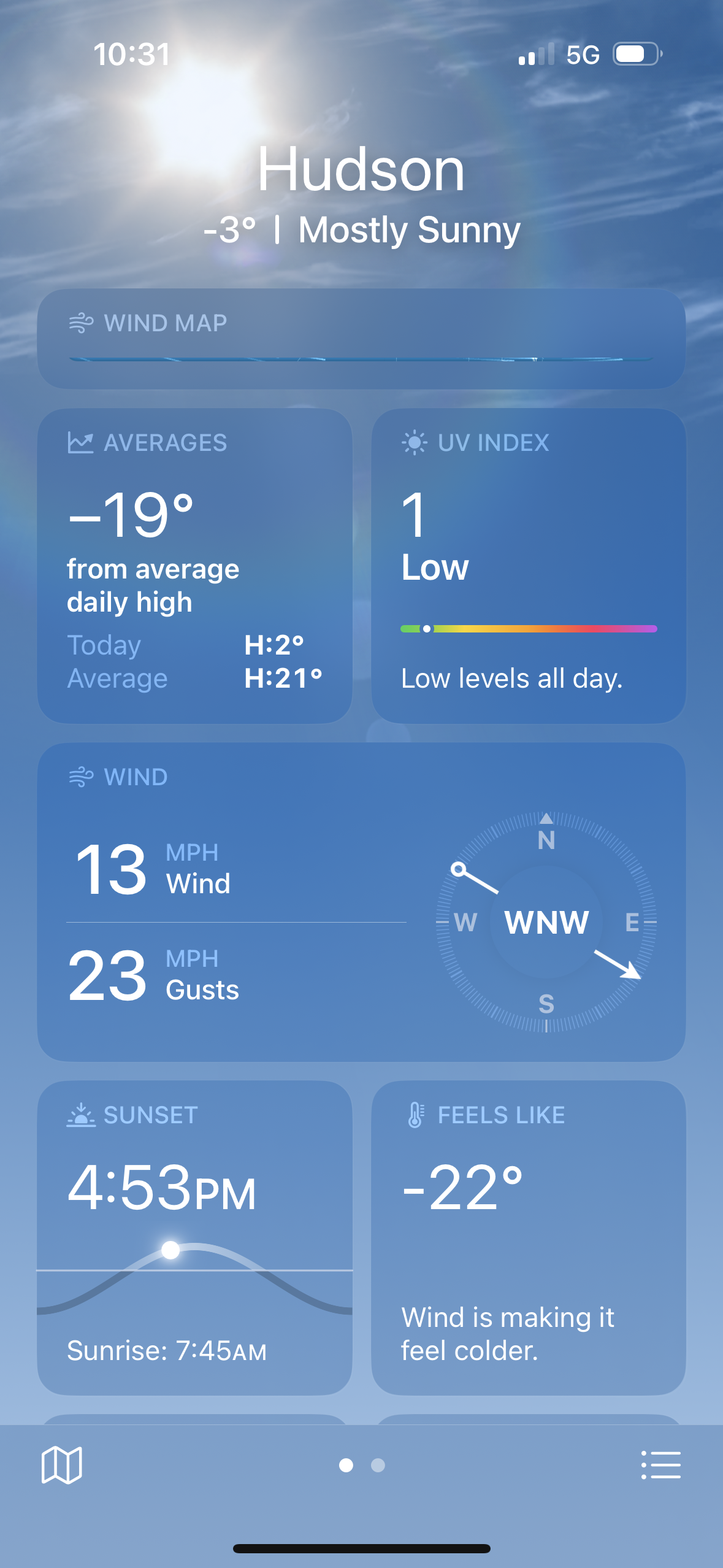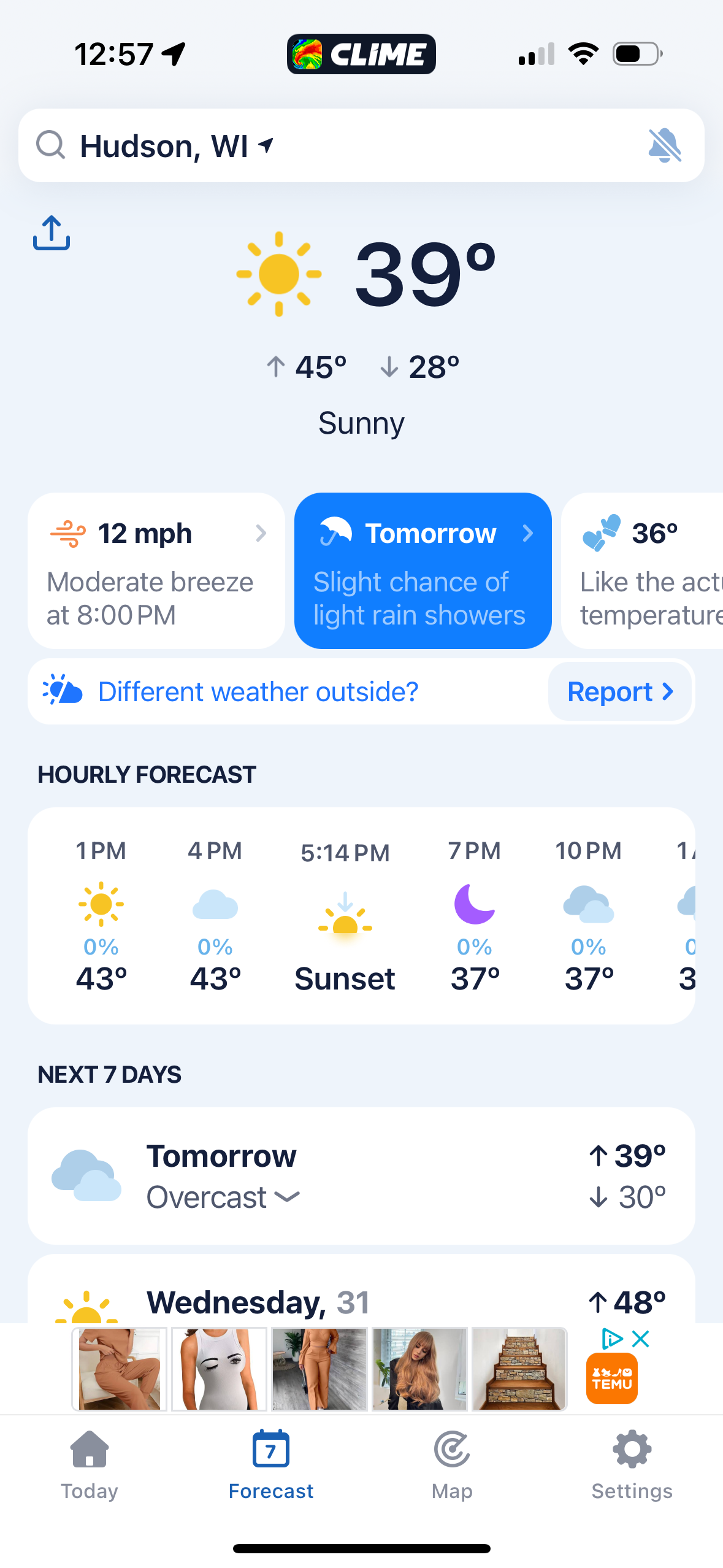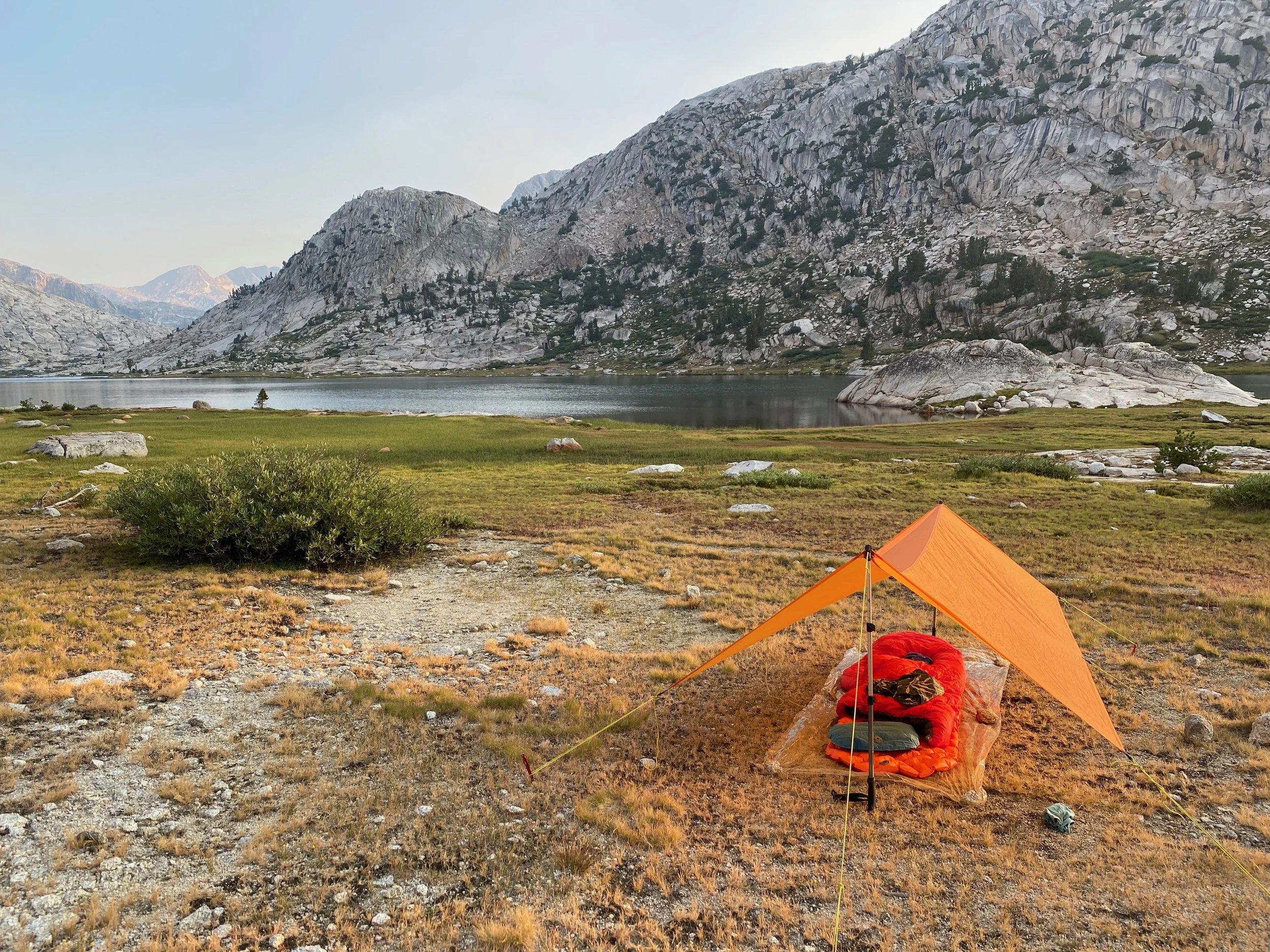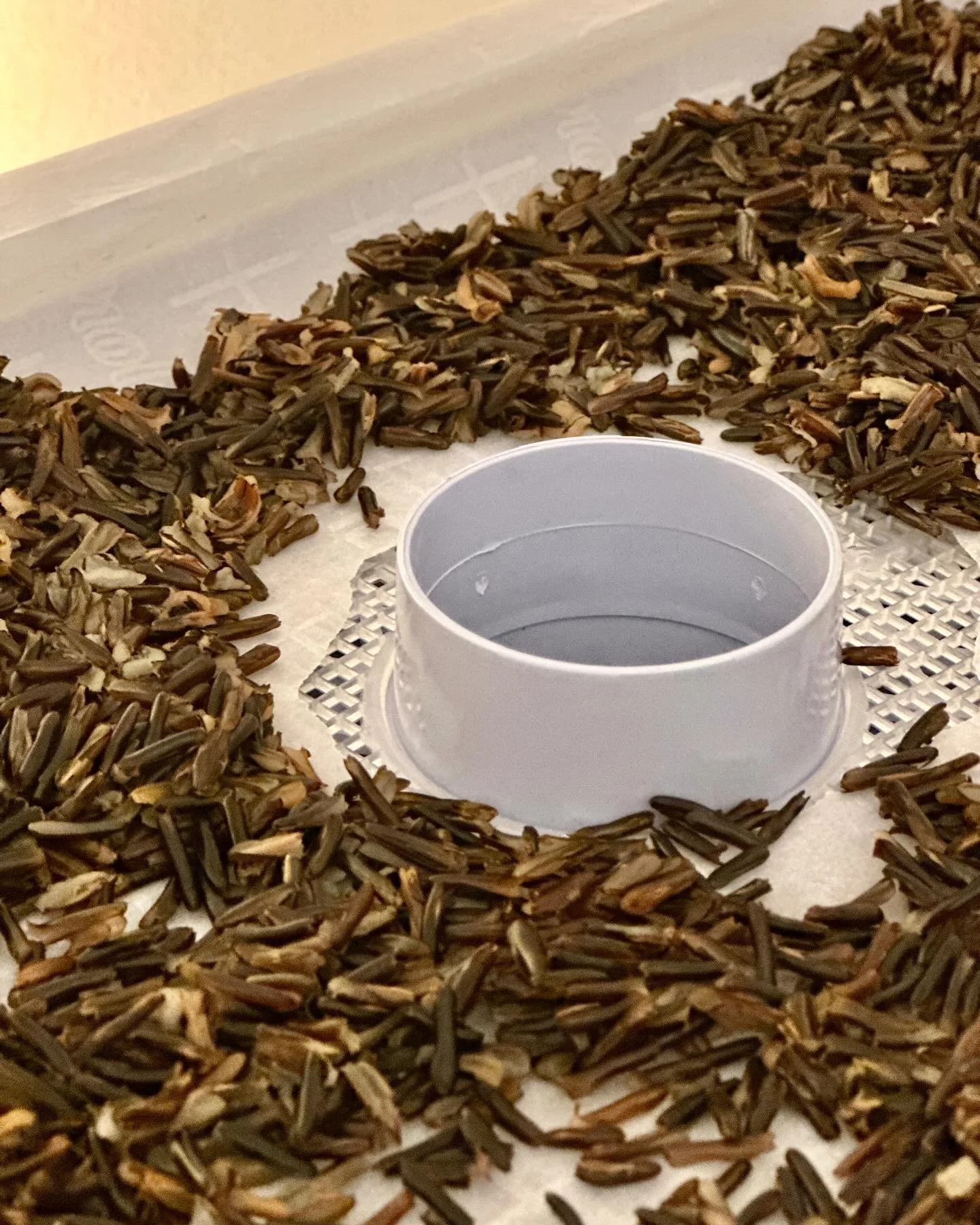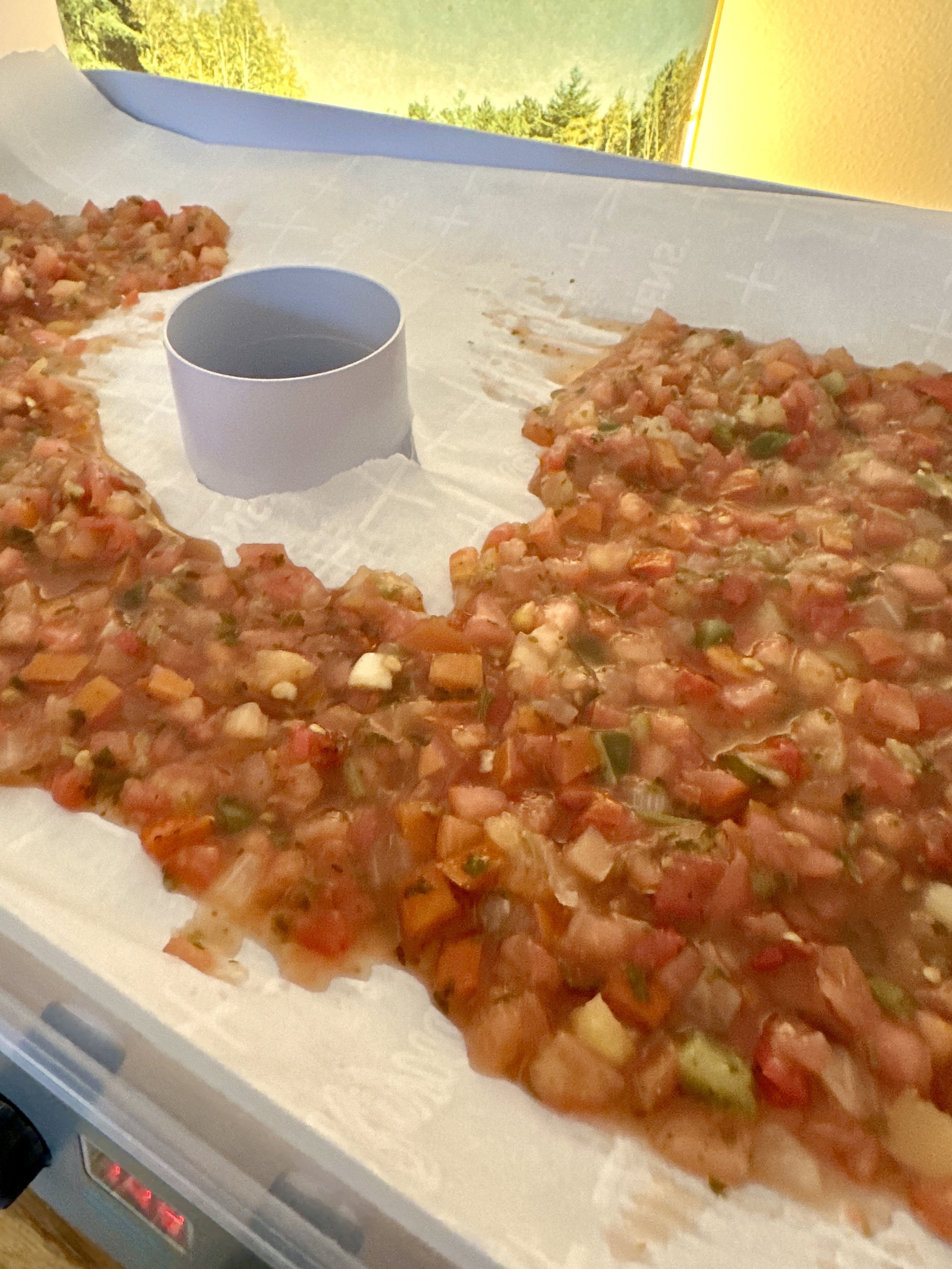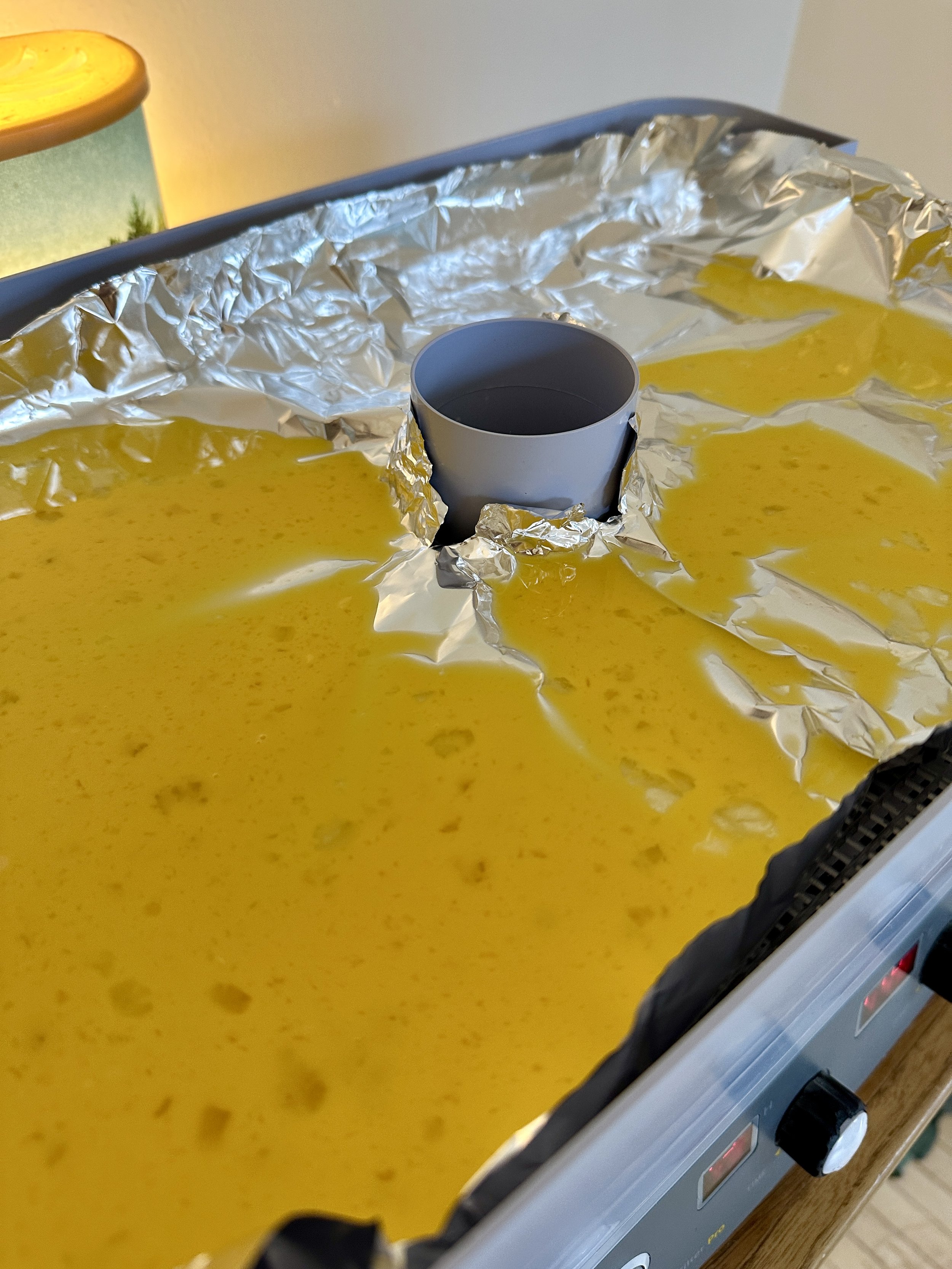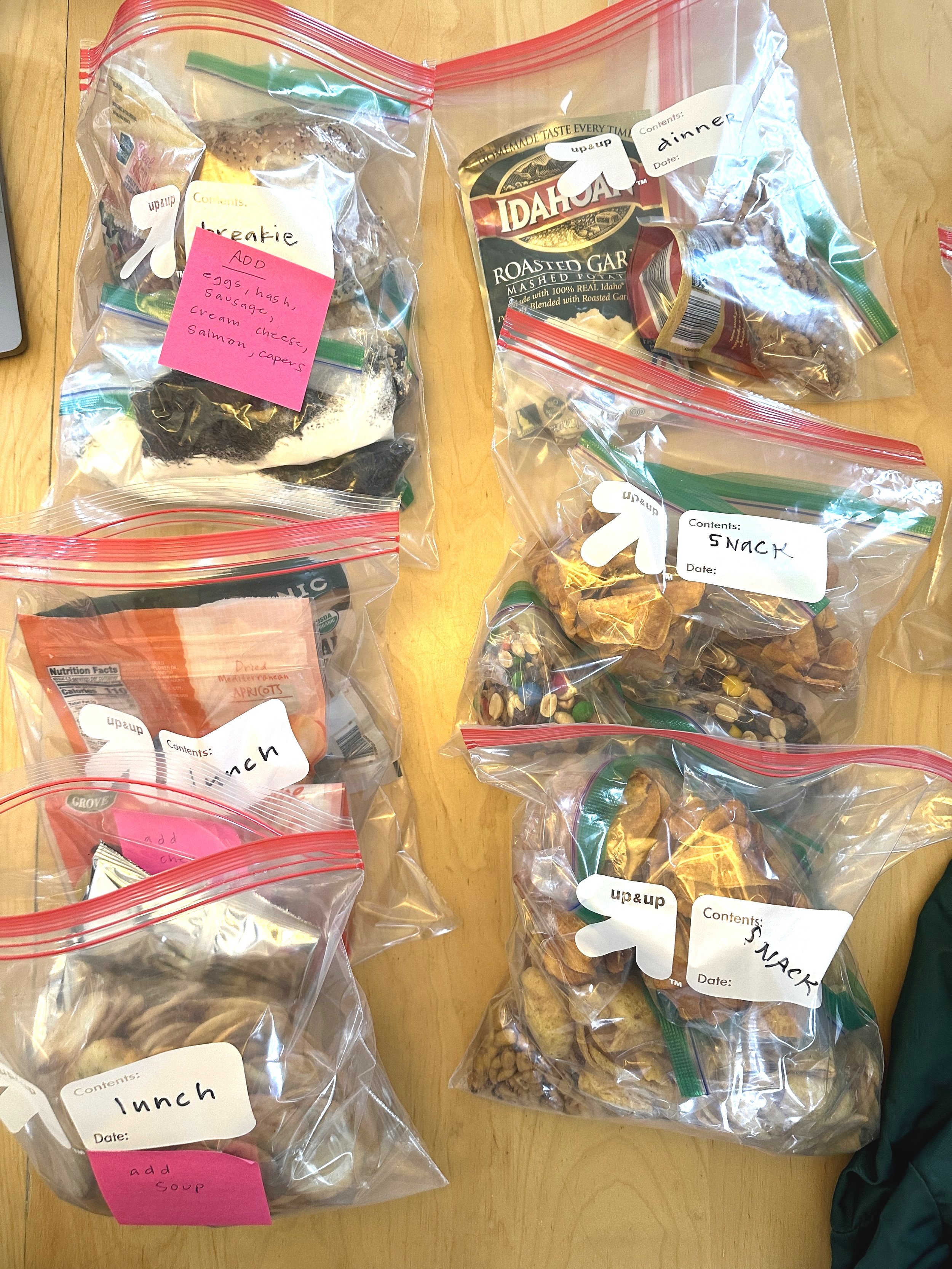Crossing Borders: Boundary Waters to Quetico | Part Four
I'm currently planning a winter camping adventure that starts in the Boundary Waters Canoe Area Wilderness (BWCA) in northern Minnesota and heads up into Quetico Provincial Park in Canada. Over the next few weeks, I'll be sharing some of the ways that I'll be preparing for this. I hope that it will be informative and inspire you as you plan your adventures. Sound good? Great. Here we go...
Part Four
Missed the other parts? Start here.
Shakedown campsite at a nearby state park.
The Shakedown
A little over a week ago we sat in our hot tent. The temps had settled to -19º (-22º with windchill). We were doing a shakedown camp at a nearby state park for our upcoming Quetico adventure. I kept thinking, I hope our actual temps don’t trend in this direction.
We will be cold camping on our trip north. So, we’ll be watching the forecast closely.
To test things out, we brought our hammocks, a tarp, and a hot tent. January had swung from mild temps in the low-thirties to sub-zero temps. I struggled to stay warm while moving around outside. Not being acclimated to these temperatures showed. This is why we do a shakedown. It’s a great opportunity to work out the kinks close to home. The hot tent and car were a hundred feet away.
The following day I felt more attuned to my surroundings. While I was still undecided about the shelter choice for the trip, the shakedown helped. It got me back into the rhythms of winter camping.
Plenty of wood on hand makes a warm tent.
Current Conditions
Since then, the forecast changed greatly, firming up our choices. Today is supposed to be a high of 45º. It feels more like early April. What a swing within two weeks.
The extended forecast for the trip is looking warmish to cool. It’s supposed to hit a high of 41º in Ely right before. It reminds me of mid-March trips where I’ve been guiding in warm conditions. Ice and snow are firm until about mid-day, then things can get crusty or tacky and slushy.
Daytime temps are expected to be in the low-mid thirties with teens at night. This will help travel over lakes as we hope to cover around 40 miles over 5 days.
Are you sick of hearing about the weather? Ha! Winter campers tend to fixate on it for good reason. It impacts travel over wilderness lakes, ice thickness, and snow depths on portage trails. It can make a winter camping trip easy and delightful to a total slog and downright dangerous.
Overall I feel comfortable with the weather for our adventure. We’ve discussed the hazards and challenges. Once we arrive in Ely, I’ll go and check the conditions on our entry lake.
Trending forecast. National Weather Service for Ely, MN
Packing & Final Details
Packing for a trip like this can be a source of obsession. No two trips are alike. The weather, ice, and portage trails impact so many decisions. See? I’m talking about it again.
Recently, we pulled out our sleds and started to take stock of our gear. I will be pulling a pulk sled. Because I’m used to cold camping, I’ll be sleeping under the stars or beneath a tarp. A waterproof ground cover will keep moisture away and add a little warmth.
My gear is stripped down to the essentials. Because we hope to do more miles, I’ve made decisions based on safety and comfort. We’ll be in a group and can share some resources. Due to the warming temps, it may be wetter, so I’ve grabbed extra socks and clothing.
My tarp in “porch mode”. It can pitched in different ways depending on the weather.
Eating & Drinking
Food on the trail is a combination of store-bought ingredients. I’ve also picked up pre-made backpacking dinners, and am making some DIY meals. To save cost and have a variety, I usually plan this way. The dehydrator has been humming! Snacks are a mix of savory and sweet options. Each morning I’ll heat some soup and pour it into a thermos for that day’s lunch. Tea, coffee, and cocoa will boost morale and keep us warm.
Daily, we’ll choose a protected site, set up camp, and build a bonfire. Water will be gathered from a hole in the ice, using a ice chisel. Afterward, we’ll boil it on a backpacking stove.
Quetico Provincial Park is truly a wilderness area. It means we are allowed to camp anywhere and we’re unlikely to see anyone else. Campsites, if they exist, are primitive and have no amenities. I hope the nights stay clear as this region has been designated as a dark sky park. Maybe we’ll spot some of the resident wildlife. With the warmth, wolves, moose, and smaller mammals may be moving around.
Head to Part Five.
Curious about my packing list? Feel free to check it out. However, be aware that it’s likely to evolve and change.
Food being dehydrated. Meals are organized in ziplock bags.



